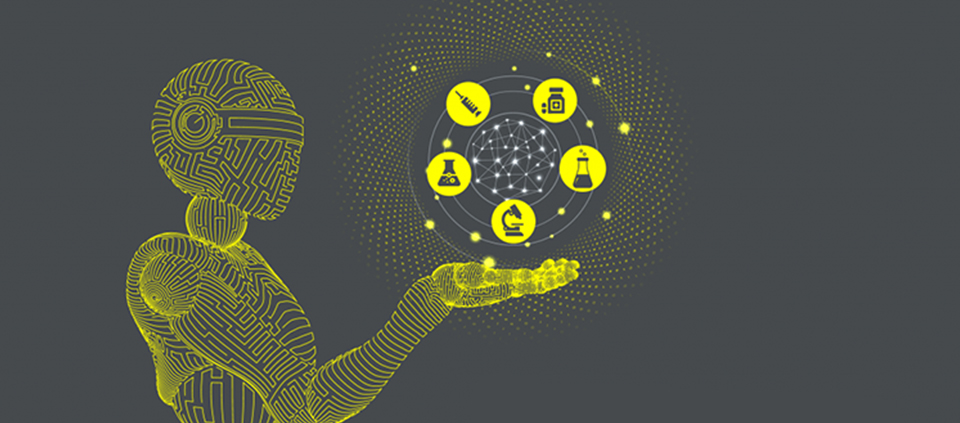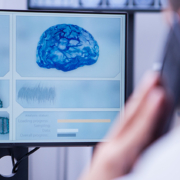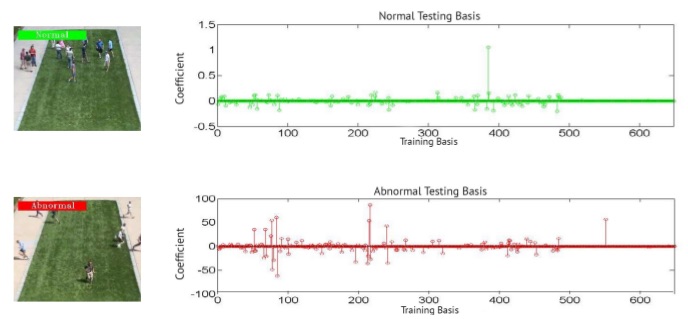Well Known UK Biotech Company Leverages Open AI Technology for Drug Discovery
UK Biotech innovator e-Therapeutics says it intends to integrate Open AI’s GPT technology into its efforts to develop novel RNAi medicines.
The company has long been at the forefront of computational drug discovery; now, chief executive Ali Mortazavi has signaled e-Therapeutics’ intent to use Open AI’s GPT large language model (LLM) to further automate the quest to find new drug targets, notably in the area of gene silencing.
According to a company press release, specifically, he wants to transform and leverage its current technology HepNet using artificial intelligence.
“By placing LLMs at the core of our computation and harnessing GPT-4’s capabilities, we can now create specialized LLM ‘agents’ which will transform HepNet into a dynamic knowledge resource,” Mortazavi said in the release.
“GPT-4 and LLM integration will provide a unifying framework from which to drive every aspect of our pipeline and position e-Therapeutics as a global leader in hepatocyte biology and related diseases.
“Our long-term vision is to fully automate the preclinical drug discovery process, using GPT-4 and LLMs to access real-time information and interface with external applications, ultimately accelerating the development of life-saving treatments.
In the same press release, e-Therapeutics said it had a busy year, having made significant strides in its RNAi strategy, developing an expanding in-house pipeline of early candidates using the HepNet computational platform. The company said it is actively addressing high-need medical areas, with a focus on cardiometabolic diseases.
Citadel and AI for Drug Discovery
Similar to the way that e-Therapeutics is using Open AI’s GPT LLM to better determine RNAi drug targets, Citadel Discovery was launched in 2021 with the purpose of giving a kind of “open access” to the data and technology that will drive the future of pharma research.
Our platform provides an alternative framework for early drug discovery by leveraging our access to DNA-Encoded Libraries (DELs) to rapidly and cost-effectively generate readouts on tens of millions of small molecules that are used to train custom, project-specific AI models.
The costs of drug discovery continue to rise, with current estimates exceeding $2 Billion. Not to mention that bringing a drug successfully through all clinical trial phases takes, on average, 10-12 years in research and development. Artificial intelligence and machine learning in drug discovery hold the key to reducing these costs and timelines.
You can read much more about how AI is redefining drug discovery in my new book Quantum Care: A Deep Dive into AI for Health Delivery and Research. It’s a comprehensive look at how AI and machine learning are being used to improve healthcare delivery at every touchpoint, with a particular emphasis on drug discovery and Pharma research.
Rohit Mahajan is the President and Co-Founder of Citadel Discovery. He has particular expertise in the development and design of innovative solutions for clients in Healthcare, Financial Services, Retail, Automotive, Manufacturing, and other industry segments.
Citadel Discovery is dedicated to leveraging AI and MI for the purpose of democratizing access to the data and technology that will drive the future of biological exploration, drug discovery, and health technologies. If you would like to benefit from our expertise in these areas or if you have further questions on the content of this article, please do not hesitate to contact us.









